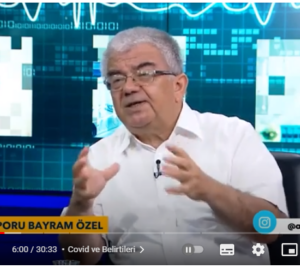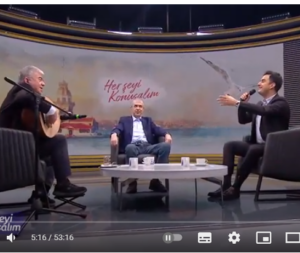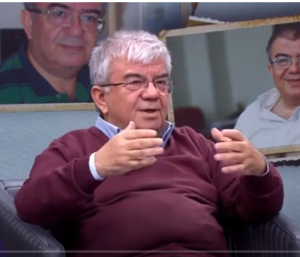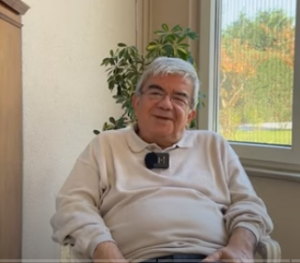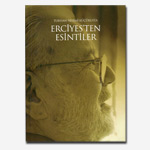A PFİZER WHİSTLEBLOWER, LIPITOR MARKETİNG AND FREE SPEECH RIGHTS

Pharmalive

Will free speech rights factor into a long-running dispute between Pfizer and a former executive over guidelines used to market its Lipitor cholesterol pill?
The issue is being raised by Jesse Polansky, who filed a whistleblower lawsuit accusing the drugmaker of illegally scheming to boost Lipitor sales by misrepresenting product labeling and federal cholesterol guidelines. He also charged Pfizer paid kickbacks that resulted in off-label marketing that allegedly defrauded Medicaid and Medicare. A federal judge dismissed his case last fall and he is now appealing (back story and here is his lawsuit).
In his legal brief, the former director of outcomes management cites a controversial court ruling last winter about off-label marketing and the First Amendment rights that allow drugmakers to promote their products, so long as they do not make false or misleading statements. The ruling questioned a fundamental premise long asserted by the FDA that off-label promotion is prohibited by law (here is his brief).
In that case, a panel of the US Court of Appeals for the Second Circuit overturned the conviction of Alfred Caronia, a former sales rep for Jazz Pharmaceutical, who allegedly encouraged doctors to prescribe a drug on an off-label basis. He argued that the government is not permitted to criminalize truthful promotion and the court ruled that his conviction violated his First Amendment rights (back story and the ruling).
Polansky points to this ruling to underscore the contention that Pfizer improperly promoted Liptor. As reported previously, he charged Pfizer wanted to extend Lipitor use beyond the indication found on the labeling by targeting people at moderate risk of developing heart disease or having a heart attack. Specifically, he claims the drugmaker used false and misleading statements by allegedly disregarding distinctions in the National Cholesterol Education Program (NCEP) guidelines.
The NCEP guidelines approved drug therapy for about 36.5 million Americans, although the largest subset of the population was ‘moderate risk’ patients, those with two or more risk factors and less than 10 percent risk of heart attack. At the time he filed his lawsuit, there were an estimated 14.6 million people who needed only therapeutic lifestyle changes, while drugs were recommended for only 2.8 million people.
By off-label marketing to the rest of the population, he charged, Pfizer recognized an opportunity to increase revenues by billions of dollars, his lawsuit stated. And Polanksy reiterates this point as part of a broader argument that payment claims submitted to federal healthcare programs, such as Medicare and Medicaid, are considered false, or fraudulent, if a drug was promoted on an off-label basis.
There is an interesting wrinkle, though. To what extent, if any, the issue is considered by the court remains to be seen. But Polansky, who claims he was fired for objecting to the Lipitor marketing, has appealed to the same court that ruled in favor of Caronia, suggesting his appeal may generate more than a passing interest in any discussion about off-label promotion and false and misleading statements.
For its part, Pfizer did not raise the Caronia case – and the notion that truthful off-label promotion can be considered protected speech – as part of its defense. A source familiar with the Polansky case explained, however, that the free speech issue was not among the key points cited by the lower court judge in ruling against Polansky and, therefore, there was no reason to raise a new issue (here is the Pfizer filing).
As we reported previously, US District Court Judge Brian Cogan maintained that the NCEP guidelines are nothing more than guidelines. In his view, there was nothing that mandated Pfizer (PFE) to market Lipitor only for people whose cholesterol levels fell within the ranges stated by the NCEP and the FDA had every opportunity to require such language in the labeling. He also ruled that Polansky had not sufficiently demonstrated evidence that Pfizer caused false claims to be submitted to federal healthcare programs.
STORY ENDS HERE
free speech pic thx to newtowngraffiti on flickr
